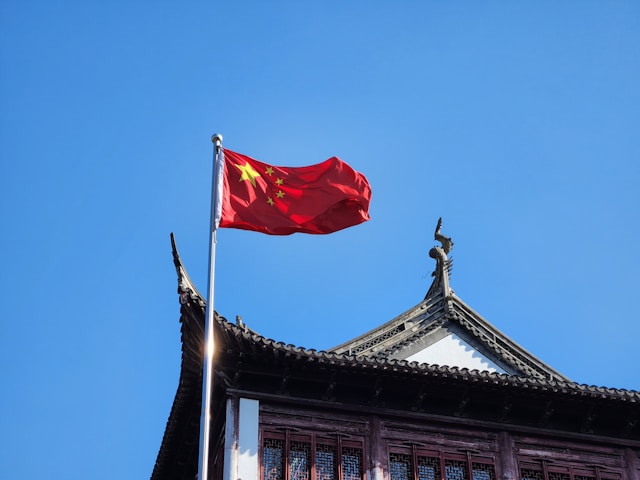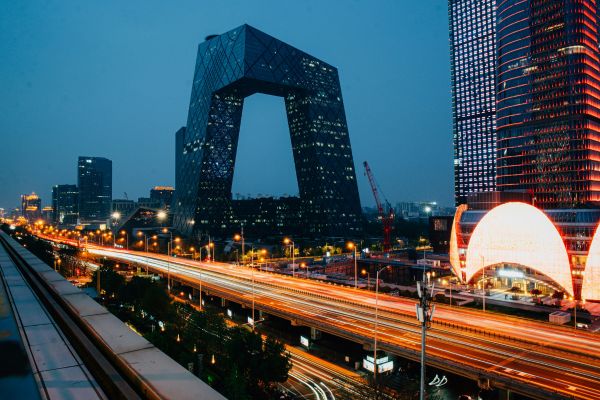
In 2017, China’s Supreme People’s Court (SPC) issued the “Outline of the Judicial Protection of Intellectual Property in China (2016-2020)” (中国知识产权司法保护纲要(2016—2020)), indicating what Chinese courts would do to enhance the protection of intellectual property (hereinafter referred to as IP) rights in the next five years. In order to make the efforts known worldwide, the SPC also provide an English version of the Outline.
Now we summarize the five-year Outline as follows:
1. In October 1995, the SPC established its IP Division. In November and December 2014, Beijing, Guangzhou and Shanghai set up their own IP courts. In early 2017, specialized IP adjudication organs were launched in Nanjing, Suzhou, Chengdu and Wuhan.
2. As of end 2016, 224 intermediate people’s courts were designated by the SPC or mandated by law to have special jurisdiction over civil cases concerning new plant varieties, integrated circuit design, monopoly and determination of well-known trademarks. 167 primay people’s courts were approved by the SPC to exercise jurisdiction over civil IP cases of a general nature.
3. Today, over 5,000 IP judges, law assistants, technical examination officers and law clerks are working in local courts at various levels.
4. The world is embracing a new round of technological revolution and industrial transformation. Using IP as a powerful tool to improve their competitiveness in the global economic and technologic landscape, developed countries are enforcing more rigorous IP protection rules in international trade. IP is increasingly becoming the decisive advantage in global competition. The five-year Outline aims to further improve China’s IP judicial protection system, strengthen the judicial protection capacity, and better accentuate the judiciary’s leading role in protecting IP.
5.Chinese courts shall provide equal protection of the lawful rights for all economic entities of all ownership types and parties of all nationalities, and observe equality of rights, opportunities and rules. All entities and parties, whether publicly or privately owned, and whether Chinese or foreign, are entitled to equal procedural and substantive rights in an IP action.
6. To create a more robust technical fact-finding mechanism, the method which ancillary judicial personnel, such as technical examination officers, technical advisory experts and technical expert witness, adopt in technical fact-finding should be defined, the capacities and resources of technical investigation fully exploited, and a coordinated system for finding and determining technical facts created.
7. Chinese courts should create an IP infringement damages system that is fair and reasonable, that observes proportionality and coordination, and that has a compensatory primary role and a punitive secondary role. This will be a system that allows compensation of the right-holder’s lost benefits, deprives the infringer of any profit, and makes the losing party pay for costs.
8. The China International Exchanges Base (Shanghai) for Judicial Protection of Intellectual Property Rights will be leveraged to create an IP think-tank of international stature. Further efforts include organizing IP seminars and exchange activities with international impact, and strengthening outreach activities to promote China’s achievements in IP judicial protection.
Further international exchanges and cooperation include sending representatives to participate in international conferences, participating in overseas study trips, organizing international fora, and inviting foreign judges and academics to China for exchanges, so as to stay up to date with the latest developments in global IP protection, and promote communication and cooperation.
If you would like to discuss with us about the post, or share your views and suggestions, please contact Ms. Meng Yu (meng.yu@chinajusticeobserver.com ).
If you wish to receive news and gain deep insights on Chinese judicial system, please feel free to subscribe to our newsletters (subscribe.chinajusticeobserver.com ).
Contributors: Guodong Du 杜国栋 , Meng Yu 余萌







